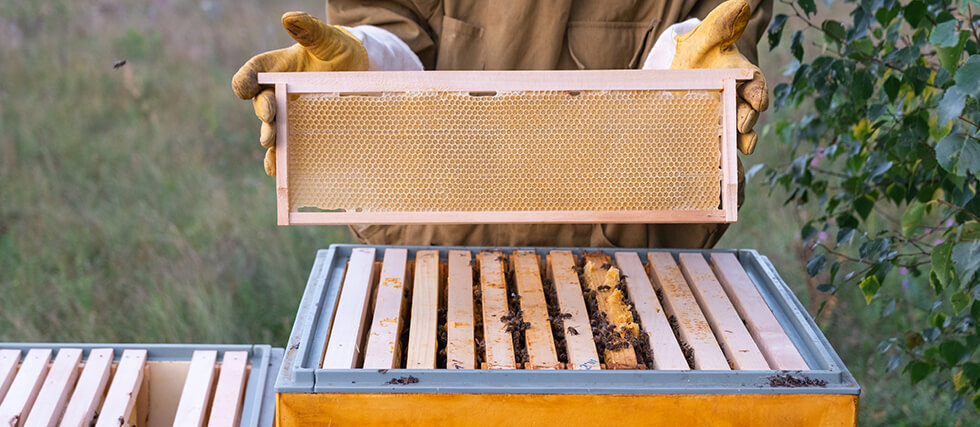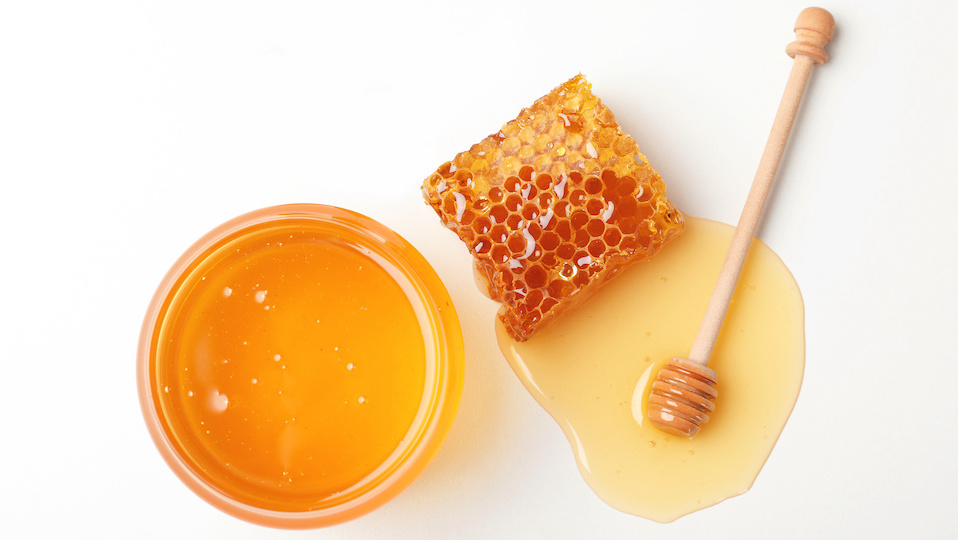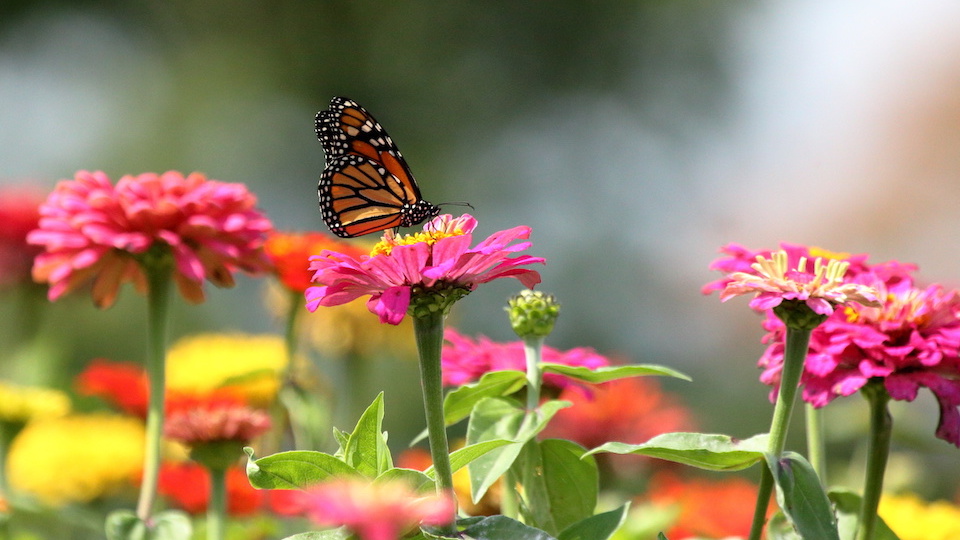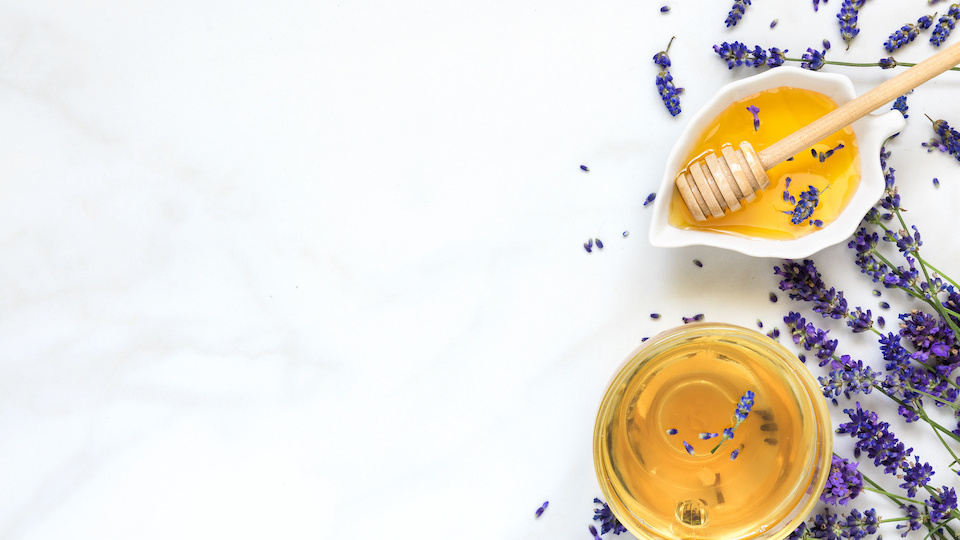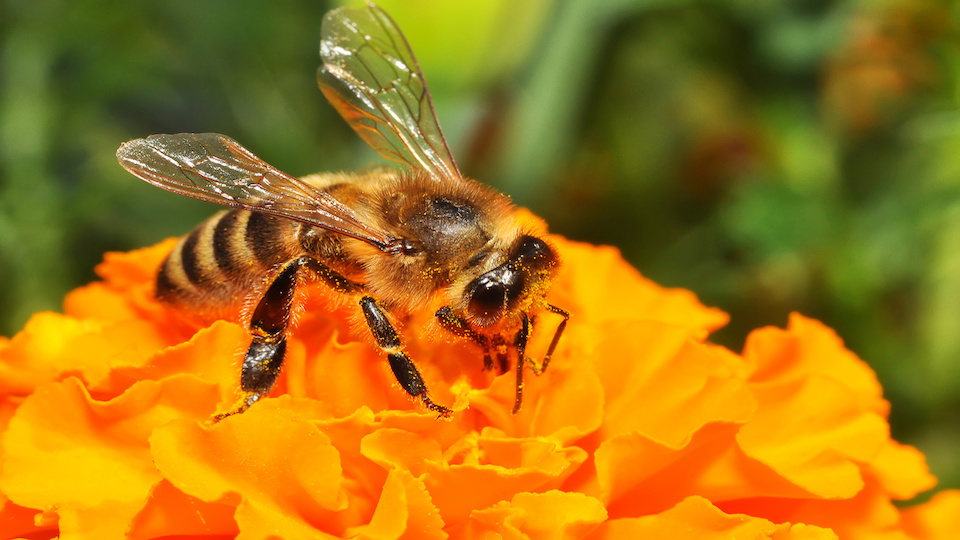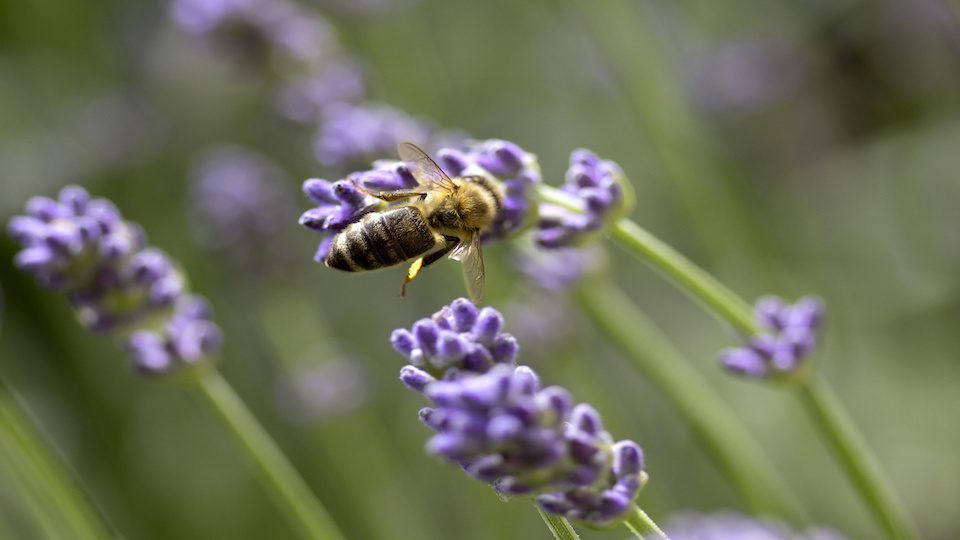Bee Loss Crisis: U.S. Faces Worst Die-Off in History, Threatening Food Supply
The U.S. beekeeping industry is facing an unprecedented catastrophe. Over the past eight months, hundreds of millions of bees have died, triggering what experts now call the worst bee loss in recorded history.
Blake Shook, a leading beekeeper, has witnessed massive die-offs firsthand across his operations. “I’ve never seen anything like it,” Shook told CBS Saturday Morning. “If this continues, the industry—and our food system—could collapse.”
Scientists are scrambling for answers. Dr. Juliana Rangel, an entomologist at Texas A&M, is researching potential causes, from shifting weather patterns to habitat loss. But so far, no definitive explanation has emerged.
The stakes couldn’t be higher. Honeybees are vital to U.S. agriculture, pollinating 75% of the fruits, vegetables, and nuts we grow—a market worth over $15 billion. Without pollination, crops like almonds would plummet from 2,000–3,000 pounds per acre to just 200.
“There is no almond crop without honeybees,” Shook emphasized.
One of Shook’s businesses now specializes in rebuilding hives wiped out by mass die-offs. The demand is overwhelming. Beekeeping groups warn that up to 25% of commercial operations could be forced to shut down by year’s end.
“I had a call from a friend who went from 20,000 hives to less than 1,000,” Shook said. “He told me, ‘I’m done.’ I’ve had far too many of those heartbreaking calls.”
This isn’t just a beekeeper problem—it’s a national food security crisis. If bee losses continue at this rate, Americans could soon see higher prices, lower crop yields, and limited access to the produce we depend on. The clock is ticking, and the bees are vanishing.


